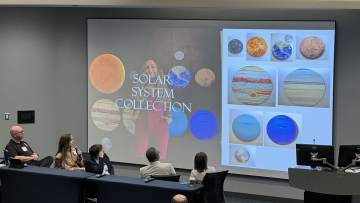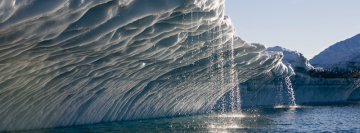Spark: College of Sciences at Georgia Tech
Welcome to the College of Sciences at Georgia Institute of Technology — we're so glad you're here. Learn more about us in this video, narrated by Susan Lozier, Dean and Betsy Middleton and John Clark Sutherland Chair in the College and President of AGU, and at: cos.gatech.edu










